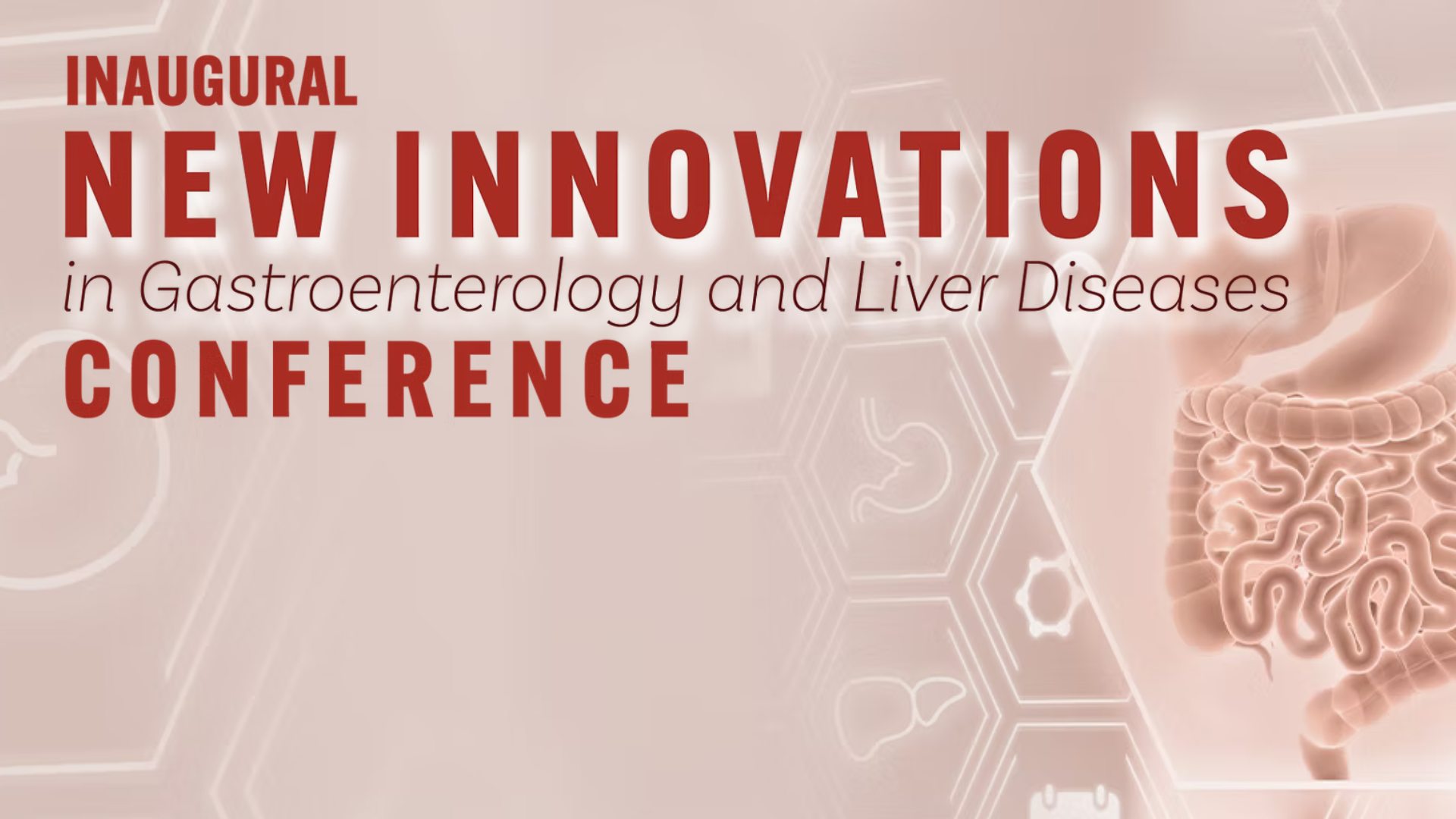
Elizabeth Alqueza
PA-C
Introduction
Location : Boston, MA, USA
Specialty : MASLD
BIO
Elizabeth Alqueza, PA-C is a board certified Physician Associate at Beth Israel Deaconess Medical Center (BIDMC) in Boston, Massachusetts. She graduated from the University of Florida in 2004 with a Master of Physician Assistant Studies degree and subsequently completed the AASLD NP/PA Clinical Hepatology Fellowship. Elizabeth has worked in a variety of inpatient and outpatient settings with a strong commitment to patient care. Currently working at BIDMC Liver Center, Elizabeth has 5 years of dedicated experience in Hepatology. Her practice focuses primarily on steatotic liver disease, including Metabolic Dysfunction-Associated Steatotic Liver Disease (MASLD) and Metabolic Dysfunction-Associated Steatohepatitis (MASH). Elizabeth is an active member of Gastroenterology and Hepatology Advanced Practice Providers.
Highlighted Events

MASLD Pharmacotherapy - Virtual

Join Elizabeth Alqueza, PA, on July 15, 2025, for a live GHAPP Zoom session focused on MASLD Pharmacotherapy. ..

New Innovations in Gastroenterology and Liver Disease 2025 Conference

This conference will give participants a comprehensive outlook on cutting-edge developments in diagnosing, treating, and preventing digestive and live..
MASLD-MASH Content Featuring Elizabeth

APP Insight: Misconceptions About Liver Health

In this video, Scott Springer, PA-C, from Erie County Medical Center in Buffalo, NY, addresses one of the most common misconceptions in liver health—trusting over-the-counter supplements and detox products to improve liver function. Drawing from his experience in both hepatology and addiction medicine, Scott emphasizes that many non-prescribed products marketed for liver support are not only ineffective but can actually cause liver harm. He cautions against relying on unregulated supplements and urges patients to consult medical professionals before taking anything for liver health. One surprising and evidence-based recommendation he makes: drink coffee. Filtered coffee, in particular, has been shown to support liver health and may reduce the risk of liver disease progression. Scott recommends two to three cups per day, without added sugar or excess dairy—especially for patients with MASLD or MASH. This video offers practical, research-backed advice for patients and providers alike, highlighting what truly helps (and what may harm) the liver.
Watch Now

APP Insight: Common Questions from Patients About MASH

In this video, Jonathan Yeh, PA, answers three of the most frequently asked questions about MASH—Metabolic Dysfunction–Associated Steatohepatitis—and offers practical advice for understanding and managing this progressive form of fatty liver disease. He begins by explaining what MASH is: an inflammatory, more advanced stage of MASLD (Metabolic Dysfunction–Associated Steatotic Liver Disease), driven by abnormal fat accumulation in the liver due to impaired fat transport. Jonathan then breaks down the treatment approach, emphasizing the importance of lifestyle modification—particularly diet and exercise. He highlights the benefits of a green Mediterranean diet, regular physical activity, and sustainable weight loss, which can improve or even reverse MASH in many patients. For individuals with more advanced fibrosis, pharmacologic treatment with resmetirom (Rezdiffra) may be indicated. This concise FAQ offers helpful guidance for patients and providers alike on tackling MASH with evidence-based strategies.
Watch Now

Management of Life Style Modification

This video focuses on the comprehensive management of patients with metabolic-associated steatohepatitis (MASH), emphasizing lifestyle modifications, dietary adjustments, and exercise strategies. Key topics include the importance of addressing risk factors like diet, exercise habits, and alcohol intake, as well as referrals to medically supervised weight loss clinics or bariatric surgery for advanced cases. The speaker highlights the benefits of the Mediterranean diet, intermittent fasting, and avoiding ultra-processed foods while discussing the role of resistance training to combat sarcopenia and maintain muscle mass. Practical advice and tailored recommendations ensure a holistic approach to managing MASH and improving patient outcomes.
Watch Now

Third Step of Life Style Management

This video provides a comprehensive overview of emerging pharmacologic treatments for metabolic-associated steatohepatitis (MASH) and their tailored applications based on patient profiles. Topics include FDA-approved therapies, drugs in advanced clinical trials (such as semaglutide and lanifibranor), and the potential for combination treatments targeting both steatohepatitis and fibrosis. The speaker emphasizes the importance of patient-specific approaches considering metabolic profiles, obesity, and diabetes status, alongside lifestyle interventions. Additionally, the video discusses the evolving interdisciplinary care model and highlights the exciting progress in non-invasive testing and treatment advancements for F2-F3 fibrosis.
Watch Now

Approved Medication for MASH/NASH

This video provides detailed guidance on selecting and monitoring patients for emerging therapies targeting advanced fibrosis (F2-F3) in NASH. Key topics include contraindications for patients with cirrhosis, considerations for concomitant medications, and dose adjustments for statins. The video outlines ideal candidates based on specific thresholds for VCTE, MRE, ELF scores, and other non-invasive tests while emphasizing the importance of ruling out portal hypertension and other liver diseases. It also reviews a stepwise monitoring approach, focusing on tolerability at three months and efficacy assessments at six and twelve months, with an emphasis on histologic and non-invasive test improvements.
Watch Now

Types of Diet for the Treatment of MASLD

This video explores comprehensive strategies for managing metabolic-associated steatohepatitis (MASH), focusing on fibrosis risk stratification, lifestyle modifications, and pharmacologic interventions. Learn about dietary recommendations like the Mediterranean diet, exercise guidelines emphasizing resistance training, and the role of intermittent fasting and processed food avoidance. The video also highlights weight loss targets, diabetes management, and emerging therapies such as GLP-1 receptor agonists and bariatric surgery, all aimed at improving liver health and patient outcomes.
Watch Now

NITs to Identify High Risk MASH Patients

Explore advancements in non-invasive diagnostics and risk stratification for liver fibrosis and MASH. This video highlights tools like FIB-4, transient elastography, and innovative scoring systems (e.g., FAST and Agile) to identify and predict outcomes for high-risk patients. Learn about serum biomarkers, updated guidelines, and the role of lifestyle interventions alongside targeted therapies for managing metabolic risks and advancing care in hepatology.
Watch Now




